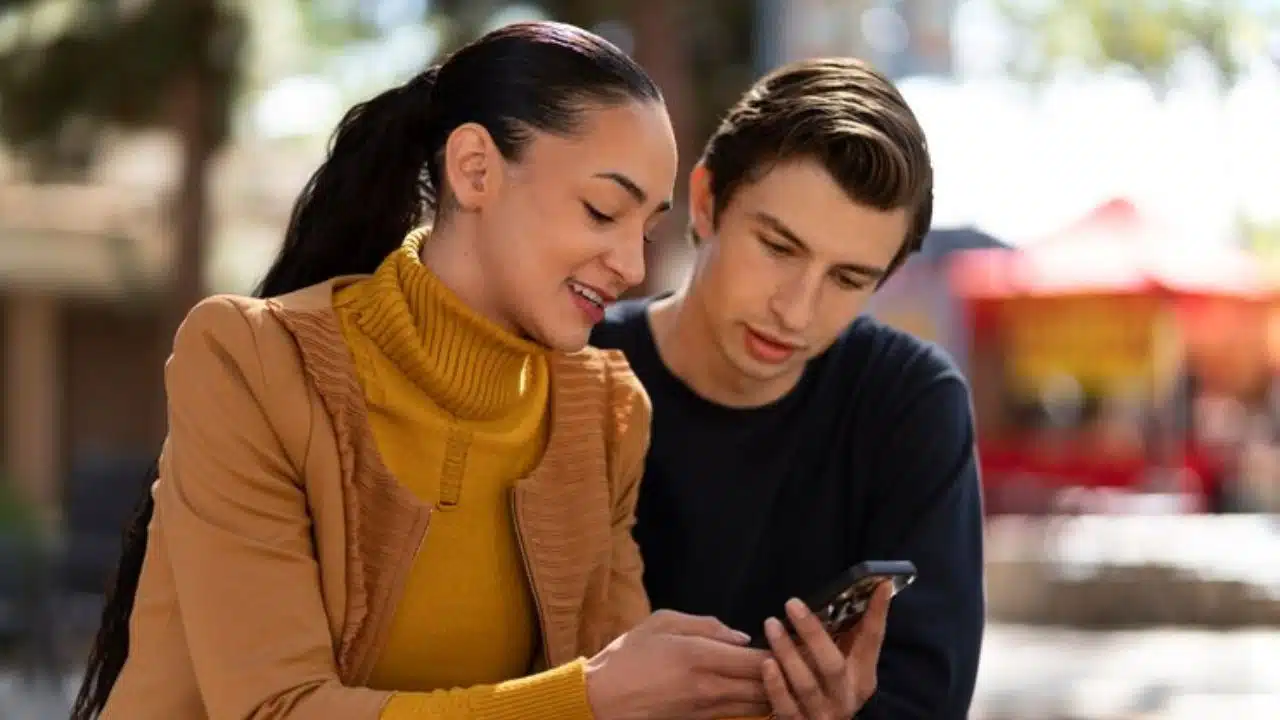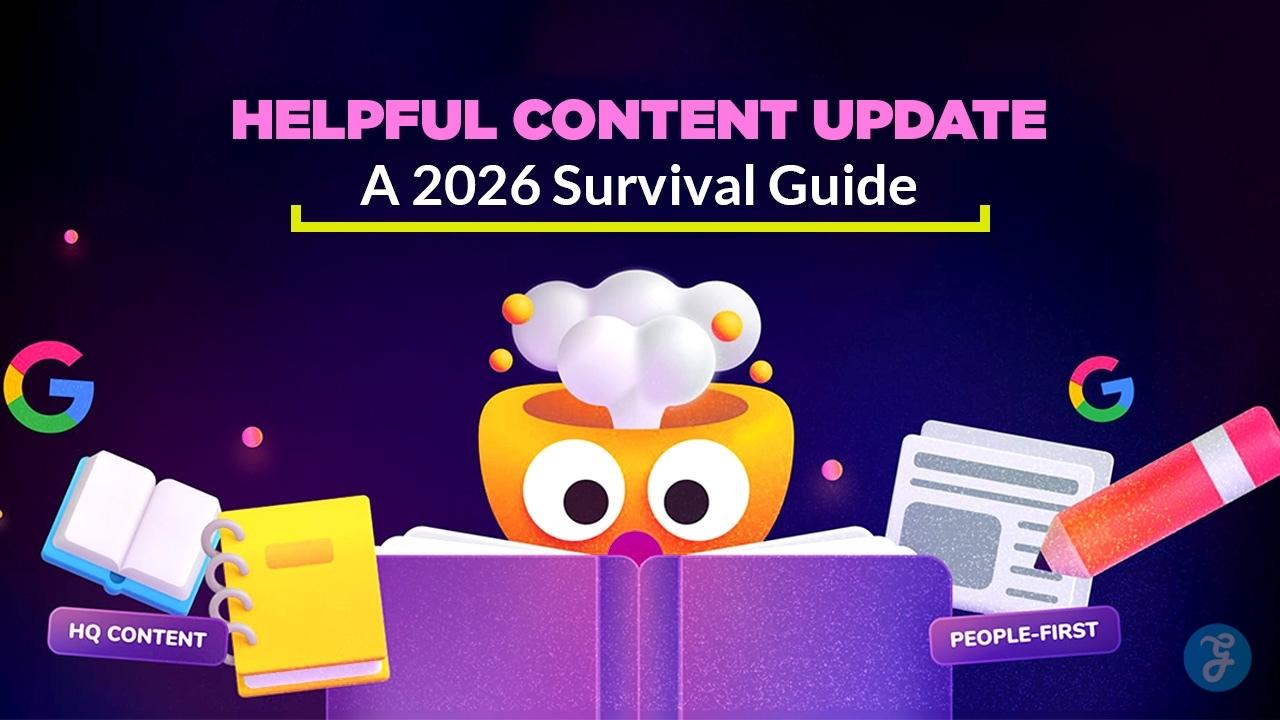Amy Rae, a 29-year-old Canadian, found herself grappling with loneliness during extended stays in Swansea, Wales, where she often visits her boyfriend who is studying in the area. With her boyfriend focused on his academic pursuits, Amy faced the isolating experience of not knowing anyone locally who shared her interests. Despite her best efforts to branch out and meet people, the difficulties in establishing a social circle began to weigh on her.
Feeling increasingly frustrated, Amy decided to take an unconventional approach: she started sharing her journey of trying to make friends on TikTok. What she didn’t anticipate was the overwhelming response her videos would receive. When one post in particular went viral, it became apparent that her struggle to make meaningful connections resonated with thousands, especially young adults experiencing the same isolation in their own communities.
TikTok Chronicles: Reaching Out Through Social Media
In an attempt to meet people, Amy documented her outings, capturing her efforts to connect with strangers. She posted videos showcasing a variety of social experiments: from meeting people for beach sunset walks to attending board game cafes and even a local art class. One video, featuring Amy’s experience at an art class predominantly attended by elderly women, became a humorous yet telling highlight. While her search for friends within her age group was unsuccessful that day, the video struck a chord with viewers.
The humorous, authentic portrayal of her experience quickly went viral, amassing thousands of comments from viewers who related to her struggle. Many expressed their own challenges with making new friends as adults. “I’ve never seen so much interest in a single video,” Amy said, reflecting on the response. This realization became a turning point, inspiring her to take her efforts further.
Creating a Facebook Group: Building a Community of New Friend-Seekers
Amy’s viral TikTok moment inspired her to create a dedicated Facebook group aimed at bringing together people facing similar struggles. The group, initially a small gathering place for locals, rapidly expanded as young people across Swansea—and even beyond—joined to share their experiences and look for potential connections. Today, the group has grown to include thousands of members who share a common goal: finding genuine friendships.
Members organize meetups, share ideas for activities, and offer support, forming a digital community that helps bridge social gaps. Amy’s initiative has shown that sometimes, simply sharing one’s loneliness can create solidarity and spark meaningful interactions. “It can be pretty miserable if you’re just inside all the time, especially when it’s dark and rainy for much of the year here,” Amy admitted. For her, this new sense of community has made a significant difference.
A Rising Trend: Friendship Apps and Digital Platforms Gain Popularity
Amy’s story is part of a larger trend, as people increasingly turn to dedicated online platforms to make friends. Apps like Bumble BFF and Meetup, originally known for dating or networking purposes, have expanded to support friendship-building as well. According to Professor Andrea Wigfield, director of the Centre for Loneliness Studies at the University of Sheffield, friendship apps could become as widely accepted as dating apps.
Professor Wigfield notes that while social media gives users the ability to connect with countless people, it often lacks the depth of meaningful friendships. “If you don’t have that one meaningful relationship with somebody, it’s easy to feel lonely,” she explains. This gap, she suggests, is where friendship-focused digital platforms play a vital role by facilitating introductions that could lead to genuine connections.
Loneliness on the Rise: Statistics Reveal a Widespread Issue
Loneliness is not an isolated experience. According to the Campaign to End Loneliness, nearly half (49.63%) of adults in the UK report feeling lonely occasionally, sometimes, often, or always. The experience of loneliness can be compounded for younger adults who may lack the confidence to initiate new friendships, as well as those who work from home and lack regular in-person interactions. Wigfield points out that young people are often hesitant to reach out and start conversations with strangers, particularly as societal norms have shifted toward digital communication.
The Co-Op Foundation’s research highlights the effects of loneliness on self-confidence, showing that 62% of young people who feel lonely report losing confidence in themselves. This sense of isolation can become a cycle, making it increasingly difficult for individuals to seek out social opportunities even when they want to.
Swansea Remote Workers: Finding Relief from Isolation
Amy’s story also resonated with others in Swansea experiencing similar feelings, particularly those working remotely. One such individual, 25-year-old Swathi Padmanabhan, faced the challenges of a remote work environment. Having moved to Swansea without knowing anyone locally, Swathi found herself longing for social interactions beyond her virtual work meetings. “When you’re working from home, it can be very draining,” Swathi shared, adding that a lack of in-person connections took a toll on her mental health.
Since joining Amy’s Facebook group, Swathi has found a circle of friends who have become an essential part of her life outside work. Being able to connect with people for activities and social outings has provided her with a much-needed break from the isolation that remote work can bring. “Having someone to go out with and do something that’s not work-related is really good, especially for mental health,” she said.
The Mental Health Benefits of Friendship
For Amy and many others in her group, the chance to build friendships has made a notable difference in their mental well-being. Amy emphasized that a lack of social connections, especially during long periods of gloomy weather, can make life in a new place feel particularly bleak. The group has given her a way to stay active, meet new people, and find camaraderie in a foreign place.
This community approach underscores the role that social interactions play in mental health. Numerous studies link loneliness and isolation with an increased risk of mental health challenges, including depression and anxiety. By creating a group that actively encourages members to step out of their comfort zones, Amy has provided herself and others with an accessible way to combat loneliness.
The Evolving Role of Friendship Platforms
The success of Amy’s Facebook group is part of a broader trend indicating that society may be warming up to the idea of friendship-focused apps and online communities. For those hesitant to take the first step in face-to-face socializing, these platforms provide a way to ease into friendship-making without the pressure of traditional social settings.
Experts like Professor Wigfield believe these platforms will continue to grow in popularity, helping people bridge the gap between digital and in-person friendships. “Young people often have connections with hundreds of people but lack a meaningful relationship,” she explains, noting that meaningful connections are what ultimately alleviate loneliness.
Amy’s journey highlights a growing recognition of the importance of these friendship-focused communities in today’s increasingly digital world. Whether through TikTok, Facebook groups, or dedicated friendship apps, these tools are paving the way for new kinds of connections that address an age-old need for companionship.





































